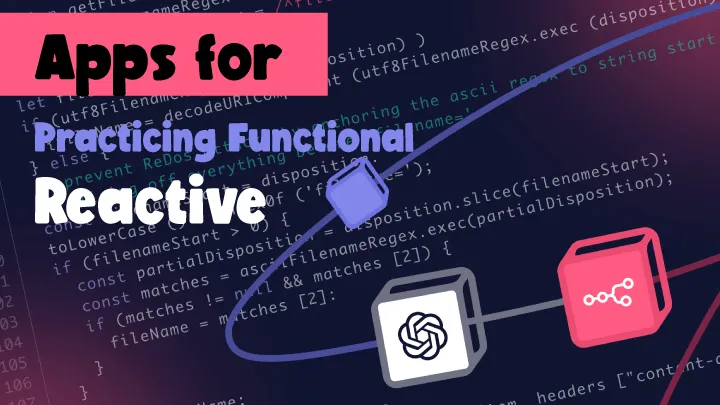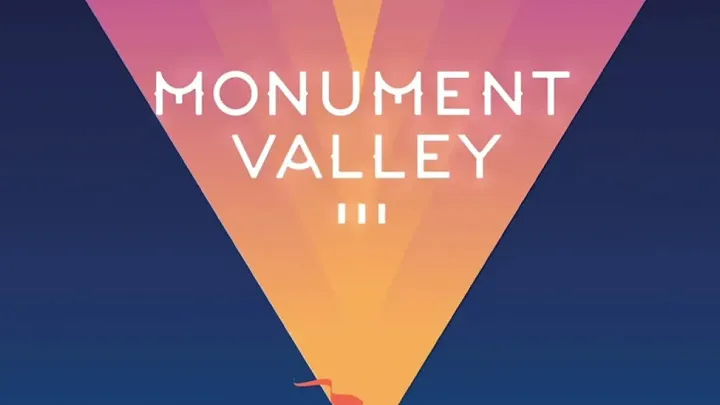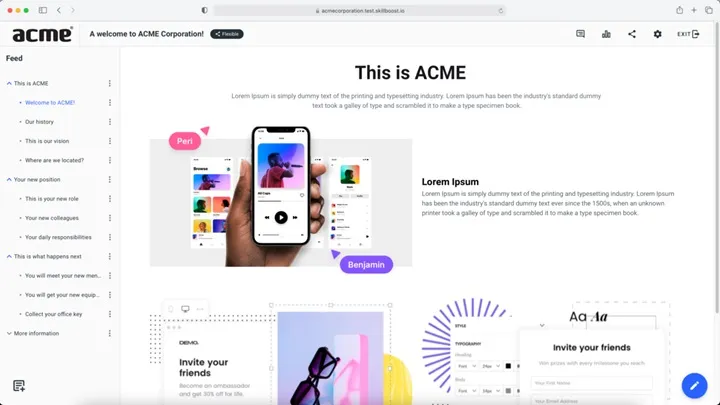Introduction
Cross-platform mobile development allows coders to craft apps for iOS, Android, and beyond using one codebase, slashing costs by up to 30% while hitting 2025's demand for rapid deployment amid AI integrations and PWAs, as seen in tools powering apps at Alibaba and Shopify. Mobile apps turn learning into a portable pursuit, with interactive editors, challenges, and previews for practicing widgets in Flutter or components in React Native during commutes. This review spotlights the top 10 apps for cross-platform education, drawn from 2025 app store ratings, Stack Overflow surveys, and dev insights on Reddit and X. Each app analyzes features, strengths, and weaknesses (as fluid paragraphs tailored per app), with an overall evaluation without scores. From rookies wiring hot reloads to pros optimizing shared logic, these iOS- and Android-ready platforms deliver over 2000 words of hands-on advice to cross your platforms anywhere.
1. Codecademy
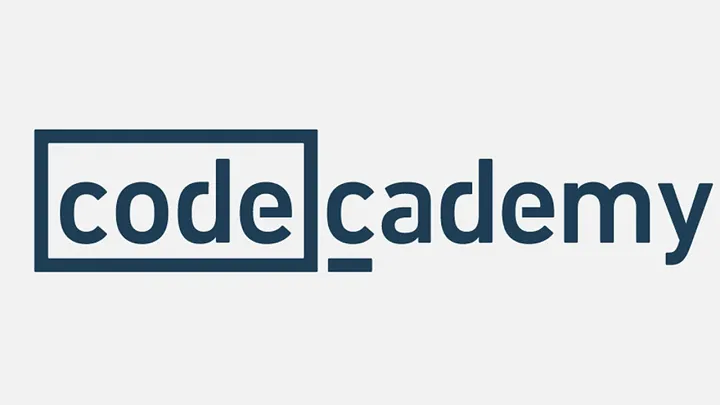
Overview: Codecademy Go offers interactive paths for React Native and Flutter, teaching components, state management, and hot reloads through mobile code editors and projects like chat apps.
Strengths: Guided exercises let users build a React Native list view or Flutter counter before diving deeper, with instant feedback reinforcing cross-platform quirks like platform channels. Progress syncs for flexible pacing, while free basics cover Dart syntax and JSX. Premium $19.99/month unlocks advanced modules on .NET MAUI navigation, plus community challenges for portfolio prototypes. Integrates with Expo for quick previews.
Weaknesses: Mobile editor throttles on multi-file builds, and coverage favors React Native over Xamarin. Free tier limits exports, gating full project deploys. Assumes JS/Dart familiarity, steep for absolute newbies.
Overall Evaluation: Codecademy immerses in cross-platform via structured builds, perfect for JS devs transitioning, though editor limits suggest desktop pairing.
2. Udacity
Overview: Udacity's nanodegree app focuses on React Native and Flutter nanodegrees, with mentorship on shared codebases, APIs, and testing via quizzes and real projects.
Strengths: Mentor feedback refines prototypes like e-commerce carts in Flutter, tying to jobs at Meta or Google. $399/month includes career services, offline downloads for travel, and deep dives into Expo and Riverpod. Partners like Google ensure 2025-relevant content on adaptive UIs.
Weaknesses: Costly for casuals, app supplements web labs with lighter mobile coding. Prereqs in JS/Dart challenge pure beginners. Limited Xamarin coverage.
Overall Evaluation: Udacity propels career-focused cross-platform mastery with guidance, suiting committed learners, but price narrows access.
3. Coursera
Overview: Coursera's app delivers specializations like "Flutter & Dart - The Complete Guide" and "React Native - The Practical Guide," with videos, quizzes, and peer-graded prototypes.
Strengths: Free audits access core content, $49/month Plus for certs via projects deploying to app stores. Offline lectures fit commutes, forums debug platform-specific issues. Sequences from setup to advanced like Riverpod state in Flutter. Qwiklabs integrate for cloud deploys.
Weaknesses: Video-heavy hampers hands-on mobile coding, labs better on desktop. Free skips grading, pacing self-driven. Less on Kotlin Multiplatform.
Overall Evaluation: Coursera credentials cross-platform paths academically, ideal for verified skills, though mobile interactivity trails.
4. Pluralsight
Overview: Pluralsight's app streams paths on React Native, Flutter, and Xamarin, with assessments, labs, and challenges on shared business logic.
Strengths: Skill IQs identify gaps like navigation in MAUI, $29/month unlocking labs simulating iOS/Android builds. Offline videos and bookmarks flex study, role maps link to dev roles. Covers 2025 trends like Flutter web embeds.
Weaknesses: Labs net-reliant for emulations, mobile skips deep editors. Enterprise focus light on indie prototypes.
Overall Evaluation: Pluralsight assesses and hones cross-platform progressively, great for pros, but connectivity tests offline.
5. LinkedIn Learning
Overview: LinkedIn Learning app hosts courses on Flutter animation and React Native navigation, with exercises linking to profiles for skill displays.
Strengths: Concise demos of Expo setups, $29.99/month certs enhance LinkedIn visibility. Offline caching quizzes refactor patterns. Job alerts spotlight cross-platform gigs.
Weaknesses: No in-app labs, external tools needed. Standalone lacks paths. Transcripts awkward for code.
Overall Evaluation: LinkedIn Learning networks cross-platform with careers via certs, suiting job seekers, though practice requires add-ons.
6. freeCodeCamp
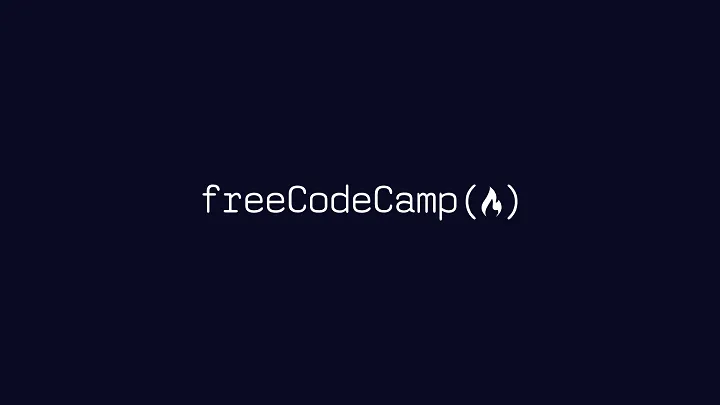
Overview: freeCodeCamp's app embeds cross-platform in JS tracks, teaching React Native via challenges and projects like weather apps.
Strengths: Free ad-free, 300+ hours build with test runners on components before UIs. Offline sections download, certifications portfolio-boost. Community reviews submissions.
Weaknesses: Embedded in JS, skimps Dart/MAUI. Basic mobile challenges, no multi-file. Self-paced risks gaps.
Overall Evaluation: freeCodeCamp frees React Native basics, solid for JS self-learners, but breadth constrained.
7. SoloLearn
Overview: SoloLearn gamifies React Native and JS basics extending to cross-platform, with quizzes on hooks and playgrounds for prototypes.
Strengths: Free 20M+ community shares snippets, XP streaks for daily builds. Offline quizzes on navigation, instant feedback. Bite-sized blends with web JS.
Weaknesses: Introductory, skips advanced state like Bloc in Flutter. Ads disrupt, playground lacks emulators. No certs.
Overall Evaluation: SoloLearn energizes entry cross-platform socially, fun for newbies, but depth wanting.
8. Mimo
Overview: Mimo's 5-min lessons cover React Native hooks and Flutter widgets, with projects prototyping lists on mobile.
Strengths: Streaks motivate, previews live changes for bindings. Free basics include Dart intro, $9.99/month unlimited paths. Culminates in deployable demos.
Weaknesses: Short skips architectures, JS-heavy over C#. Repetitive after basics.
Overall Evaluation: Mimo quickens cross-platform skill-ups for busy, suits refreshers over depth.
9. Enki
Overview: Enki's workouts adapt to React Native contexts and Flutter composables, flashcards challenging retention.
Strengths: AI paths target weaknesses like shared prefs, 10-min sessions with streaks. Free cores, $7.99/month Jest labs. Offline, analytics score builds.
Weaknesses: No project builders, quiz-like less hands-on. JS/Python tilt omits MAUI. Premium gates BDD.
Overall Evaluation: Enki habits cross-platform daily for intermediates, snippet limits holistic.
10. Programming Hub
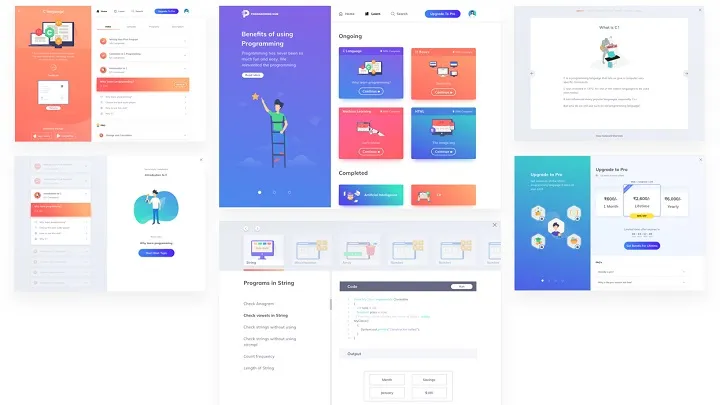
Overview: Programming Hub modules Dart, JS for Flutter/React Native, compilers and videos for cross-builds.
Strengths: Compiler runs Expo tests offline, $6.99/month certs. Examples real apps, progress gamifies. Broad includes Kotlin.
Weaknesses: Scattered tracks, UI dated. Oversimplifies channels.
Overall Evaluation: Programming Hub certifies multi-lang cross-platform affordably, versatile, fragmentation dilutes.
Conclusion
Learning cross-platform mobile development on mobile unifies 2025's iOS/Android duopoly, from indie MVPs to enterprise PWAs, and these ten apps codebase your ascent. Beginners freeCodeCamp React Native or SoloLearn JS, intermediates Codecademy Flutter or Udacity mentorships. Standouts Mimo streaks, Enki adapts—but editors' limits or focuses urge stacks. As multiplatform swells, they evolve. Prototype daily, share codebases, blend apps to cross boundaries that launch unified successes.










